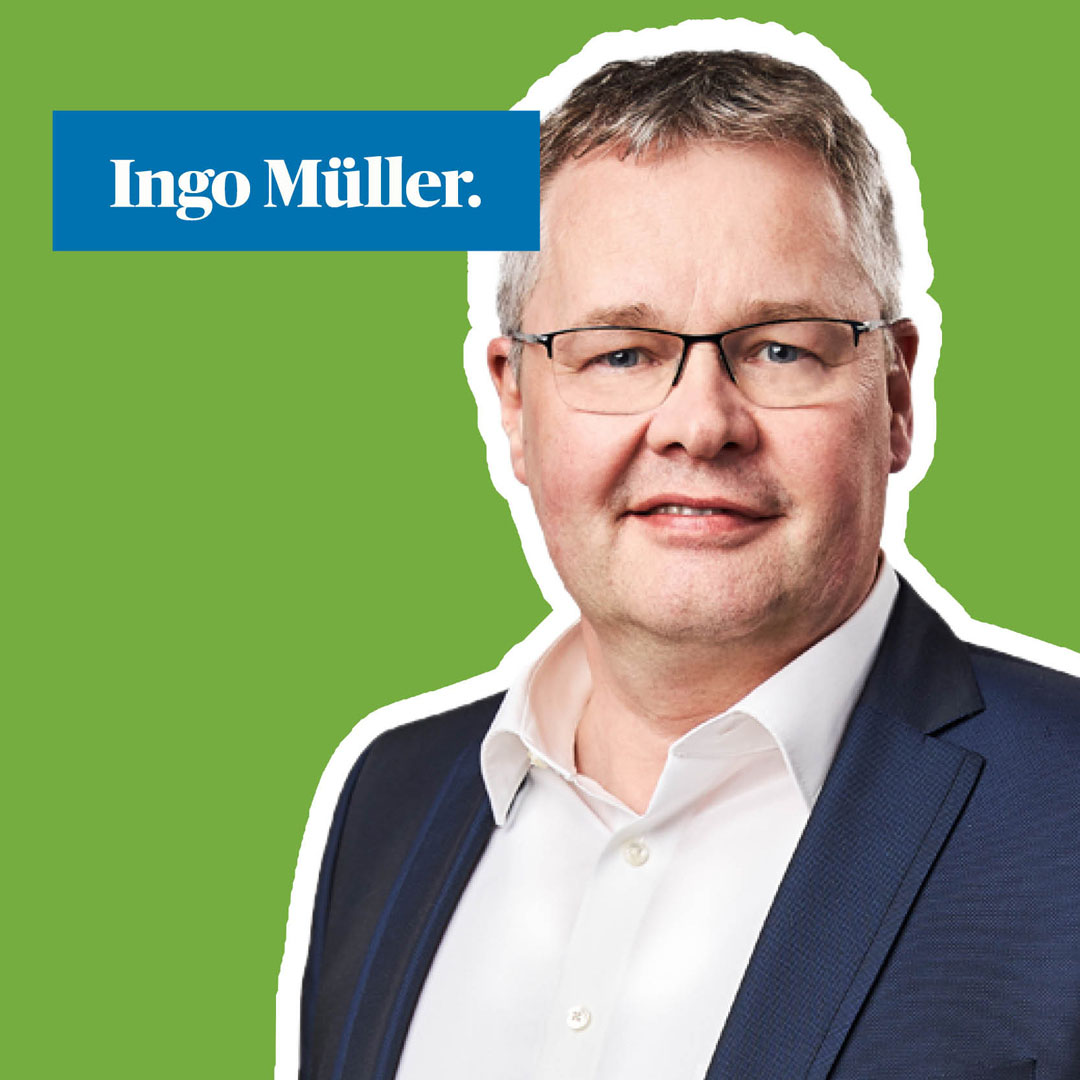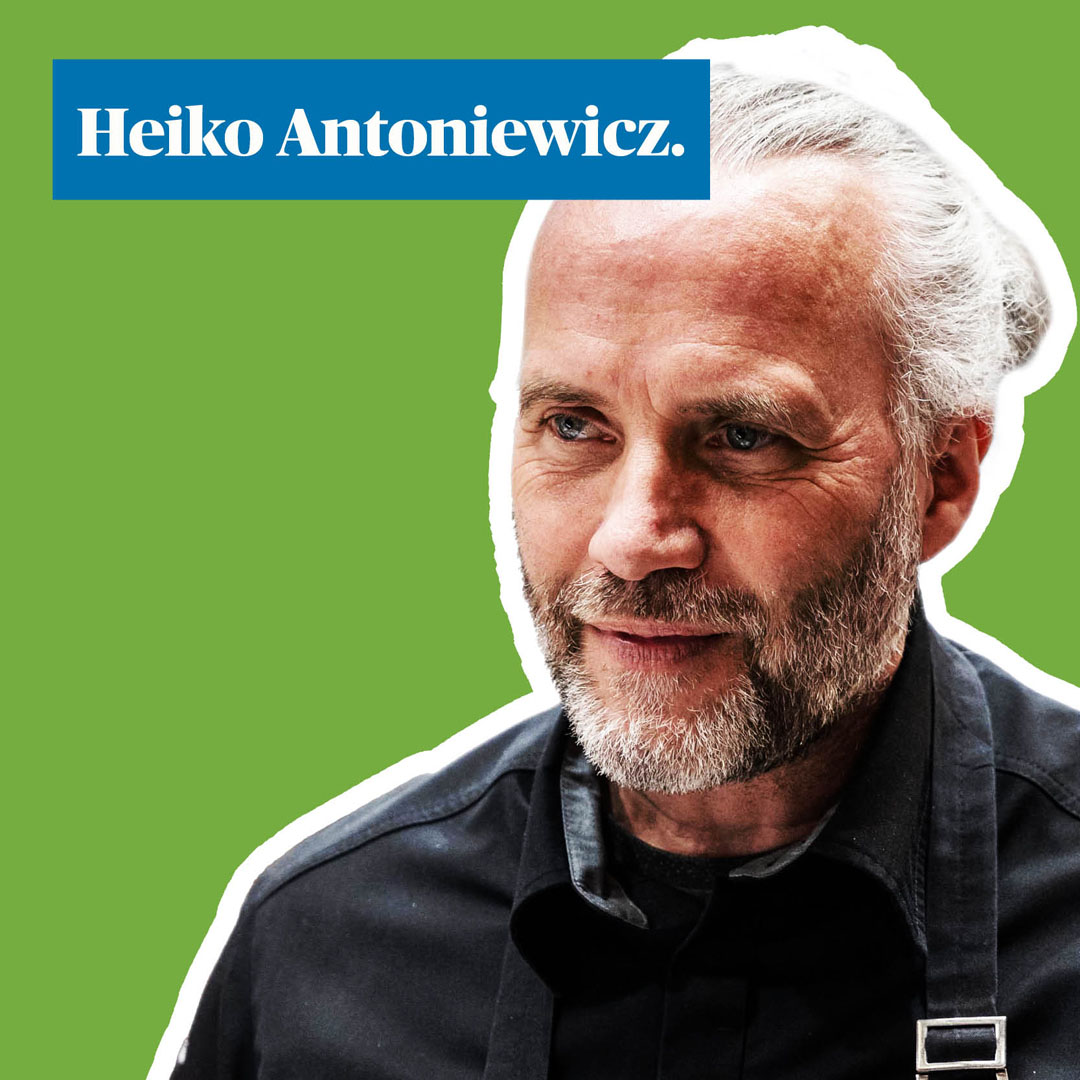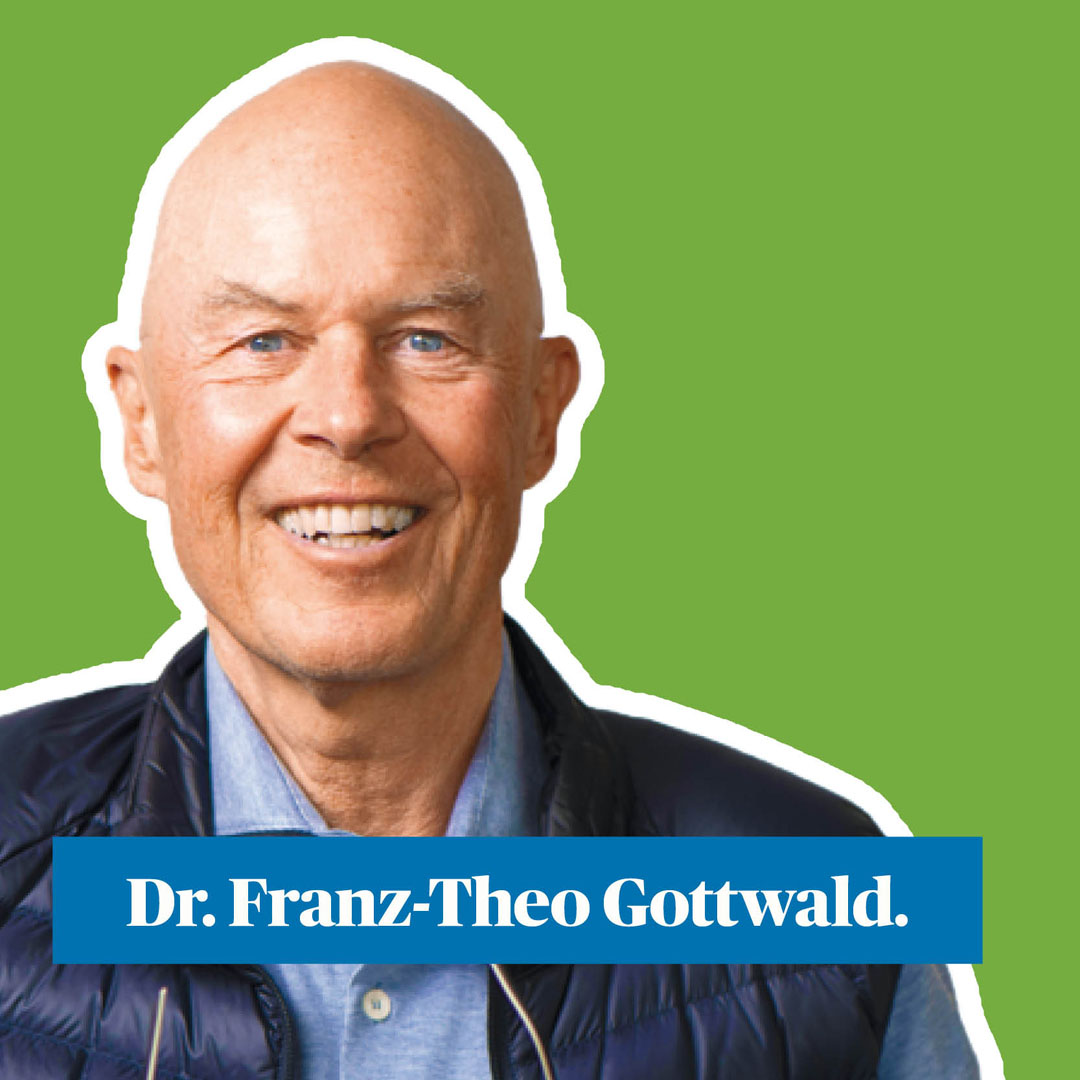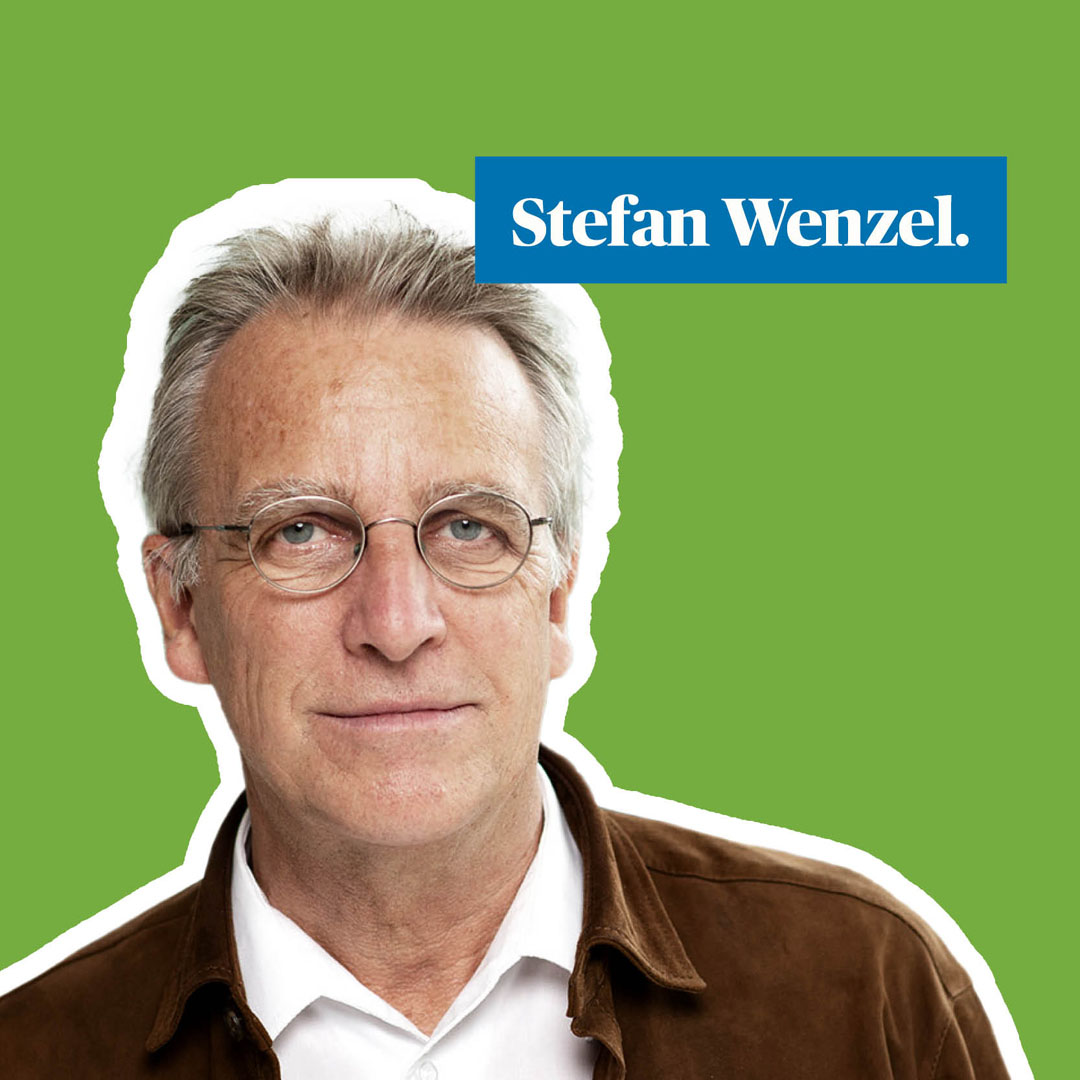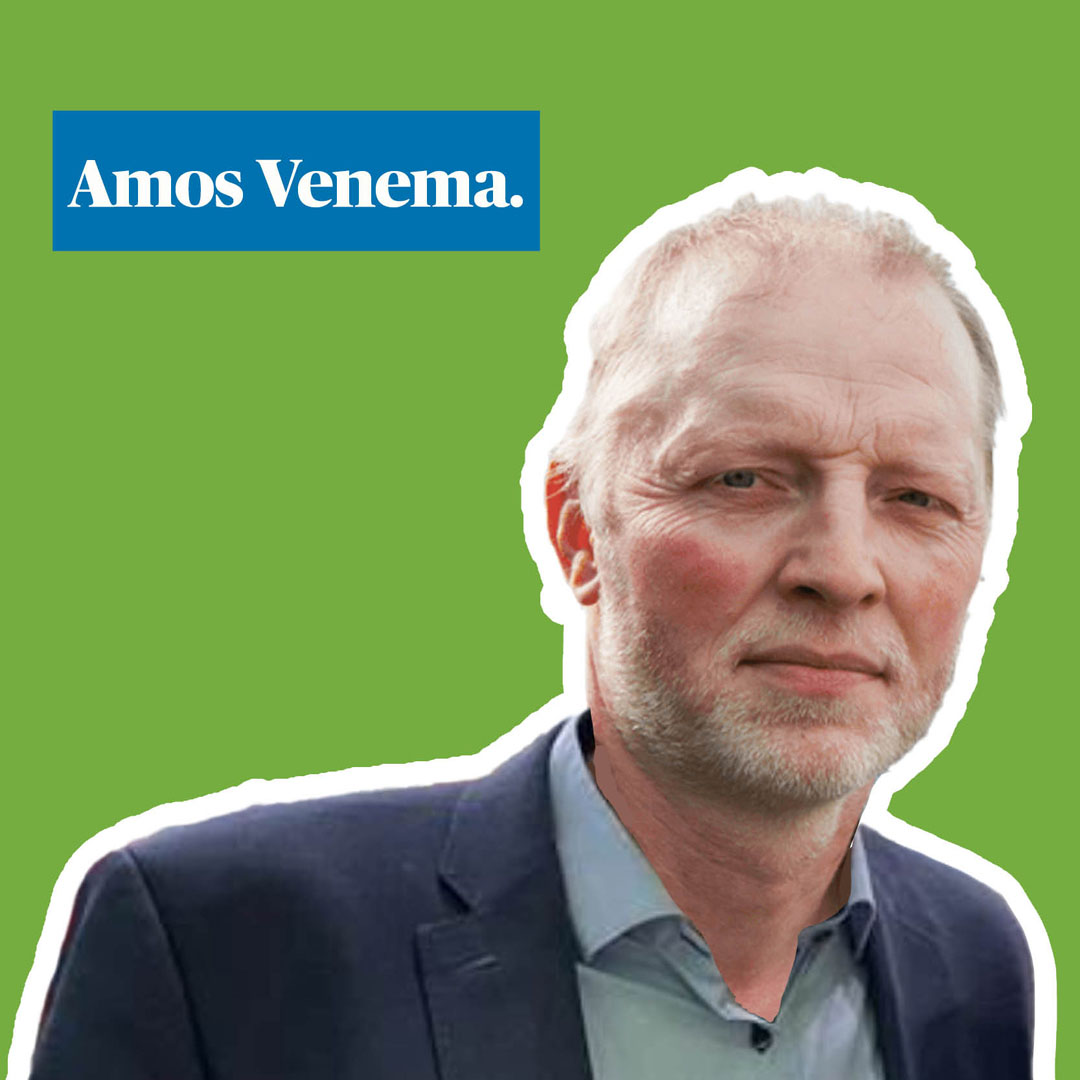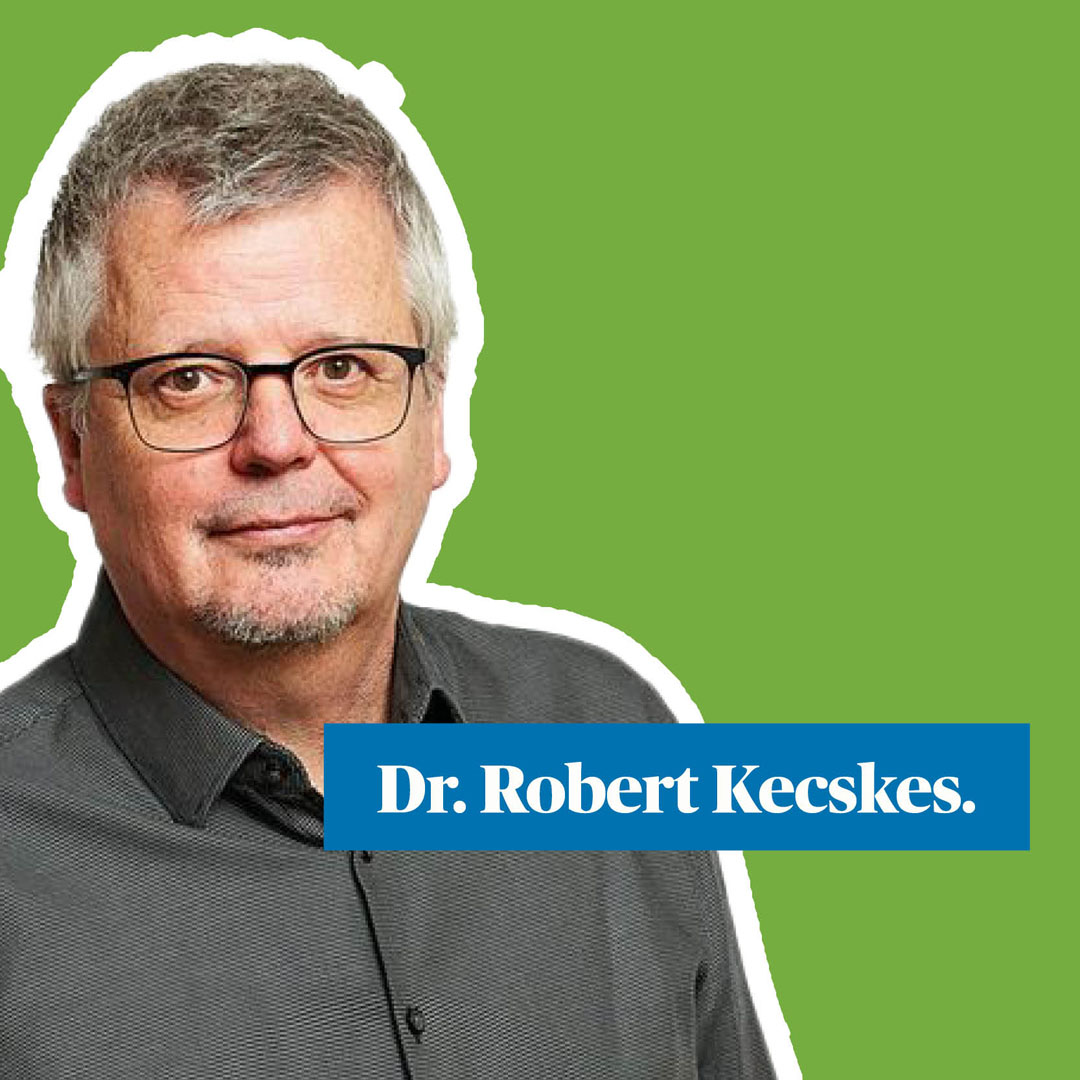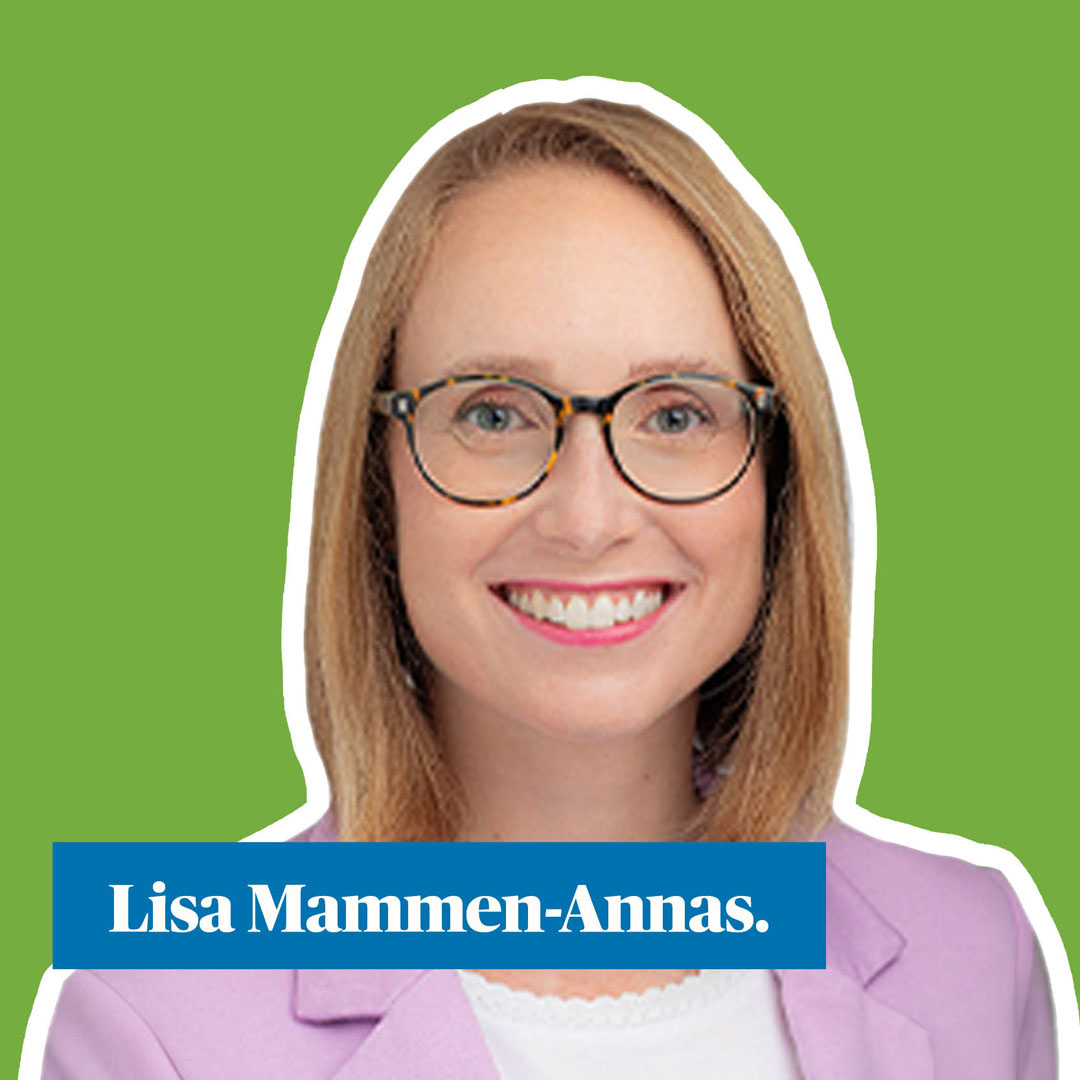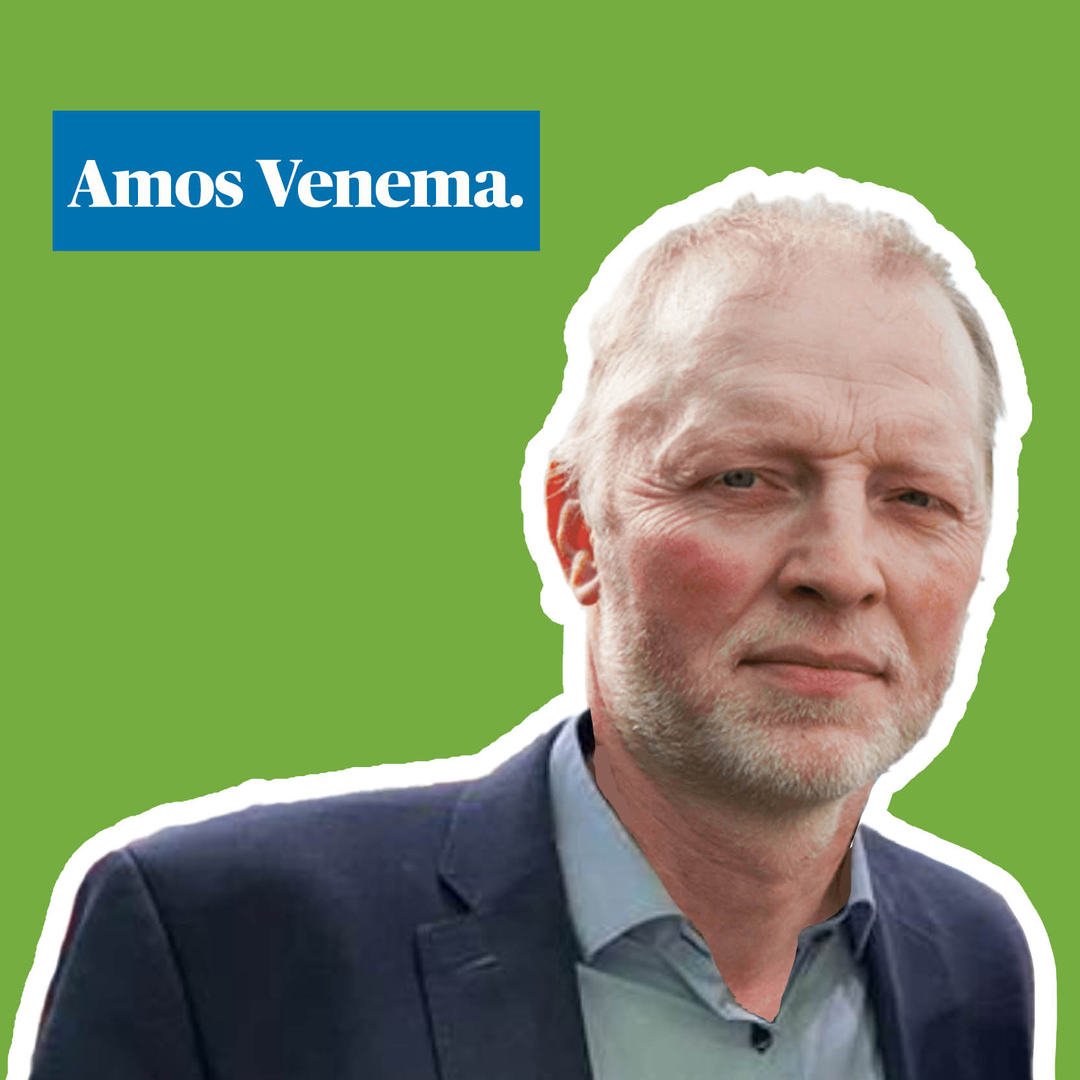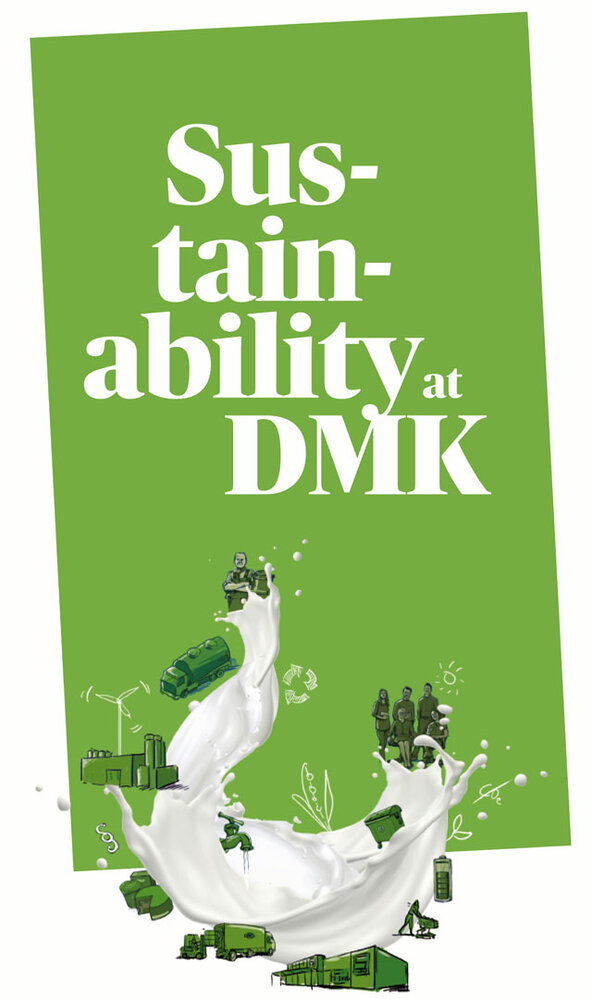
Everyone at the table
How to create an objective dialogue about milk? DMK wants an exchange of ideas on an equal footing and has invited people to a big discussion. In October, experts from the entire value chain met to discuss the pros and cons of milk, its sustainability, its future and its opportunities - objectively - from their point of view.
Finding a solution together. In October, DMK invited experts to a meeting for a constructive and informative exchange of views on an equal footing. Under the motto “Everyone at the table”, DMK invited 60 guests from politics, business, science, the media and NGOs to a dialogue in the form of a panel discussion. With this new format, the company aims to actively discuss the future of the dairy industry, highlight possible solutions and provide a platform for different perspectives on the transformation of an entire industry. An open exchange on climate change, climate protection and the food of the future. Some of the voices and topics from the evening:
